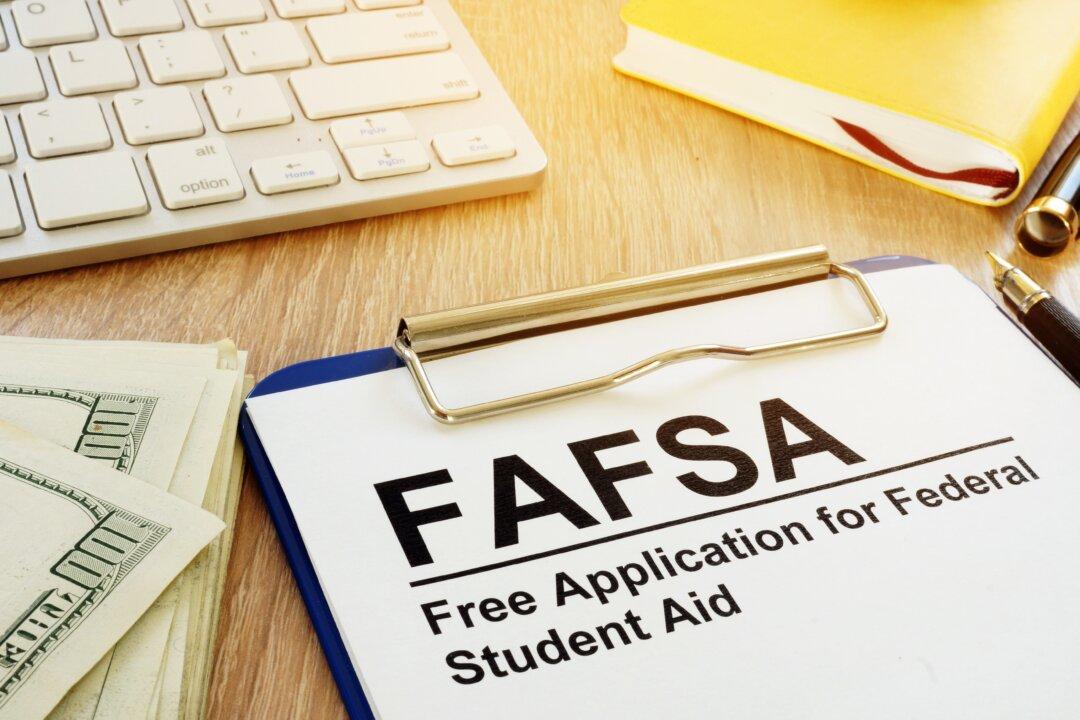By Emma Patch
From Kiplinger’s Personal Finance
The Free Application for Federal Student Aid (FAFSA) that determines students’ eligibility for federal grants, loans, and work study, became available on Oct. 1 for the 2023-24 academic year.

The Free Application for Federal Student Aid (FAFSA) that determines students’ eligibility for federal grants, loans, and work study, became available on Oct. 1 for the 2023-24 academic year.